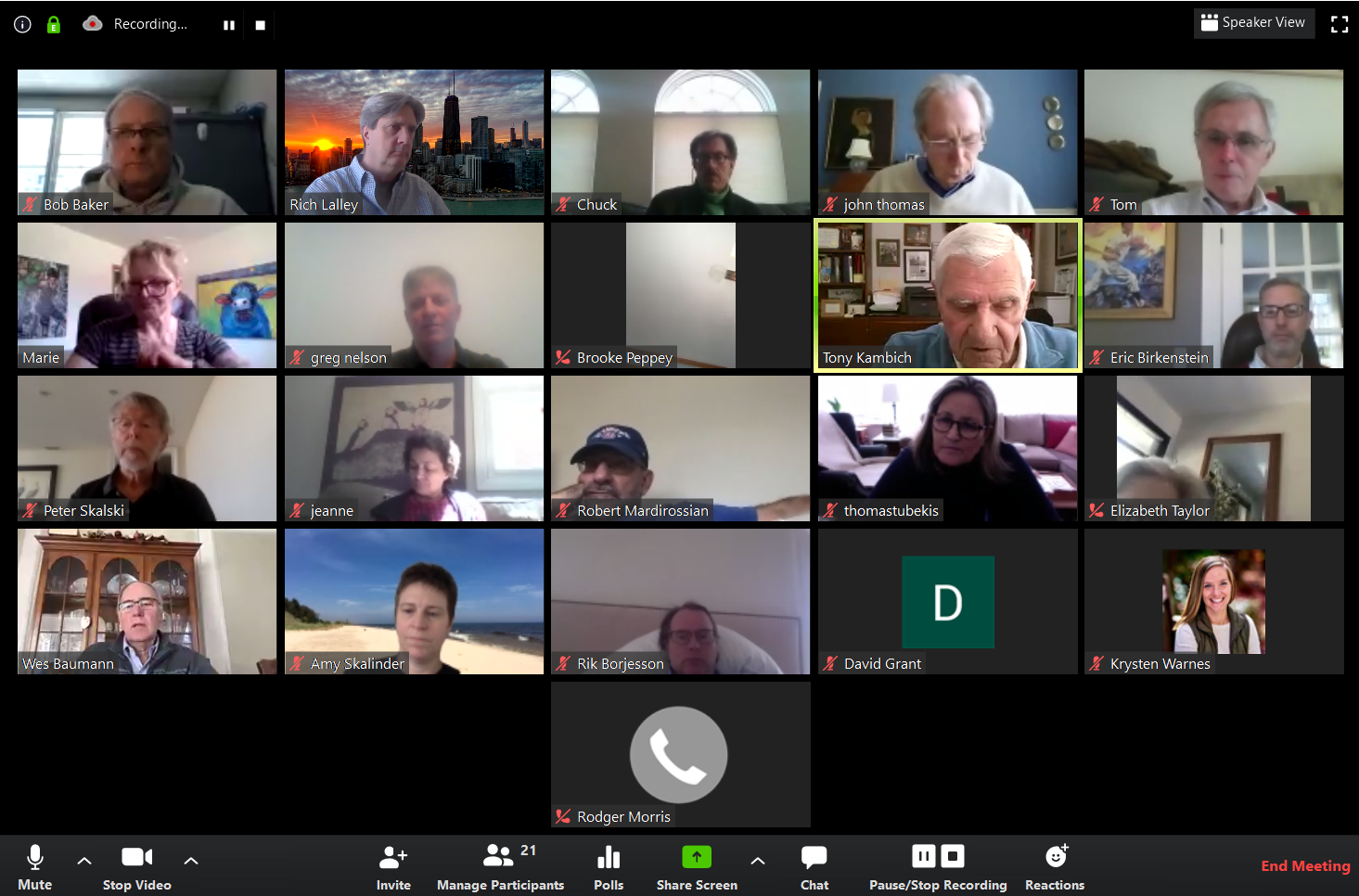Making Friends
As I've studied networking through the lens of The Connected Educator: Learning and Leading in a Digital Age, a book by Lani Ritter Hall and Sheryl Nussbaum-Beache, one criticism I've always had revolves around how their advice breaks down human connection to a science. The author's research tended to teach people to commodify their relationships, optimizing every aspect in order to best benefit this career. This is why I was so happy to see this next chapter on Building A Collaborative Culture, or, in layman's terms, the science of making friends. It's still fairly scientific, but this chapter is a refreshing breath of fresh air.
The key message throughout the first section of this chapter is to put human connection first, which is important to remember in a work relationship. If you only surround yourself with people you can use as a stepping stone to higher places, then everyone else is going to do that to you. I've encountered this a lot as a freelance sports commentator. There are people who will underbid you and talk behind your back in order to land gigs, and I keep a respectful working relationship with them. However, the really beneficial relationships are those who I can genuinely call friends. Sure, I may get more commentary work from those in the rat race, but the people who give me passion, a drive to improve and continue working on my craft, are those who I can call friends.

The latter half of the chapter is focused more on a collaborative mindset with which to approach relationships once you earn their trust. This mindset is what makes the difference between being buddies with someone and truly benefiting from the relationship. In the broadcasting world, this is a double edged sword. Of course, your friends should be willing to uplift your projects, and give feedback intended to elevate the quality of your performance. However, truly constructive relationships always have a destructive element to them, as they should be willing to tear down any bad habits you may develop.

In general, I think this is a very necessary chapter of The Connected Educator. People have a tendency to become hyperfocused on improvement, and it's easy to forget the kind souls that helped you develop your career in the first place. However, that's just my opinion. Do you think the rest of the book has been too cold and clinical as well, or is it good for what it is?
Comments
Post a Comment